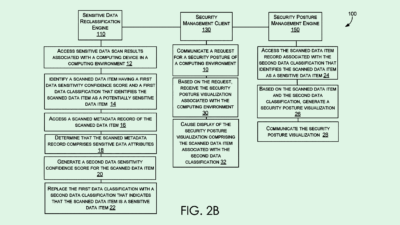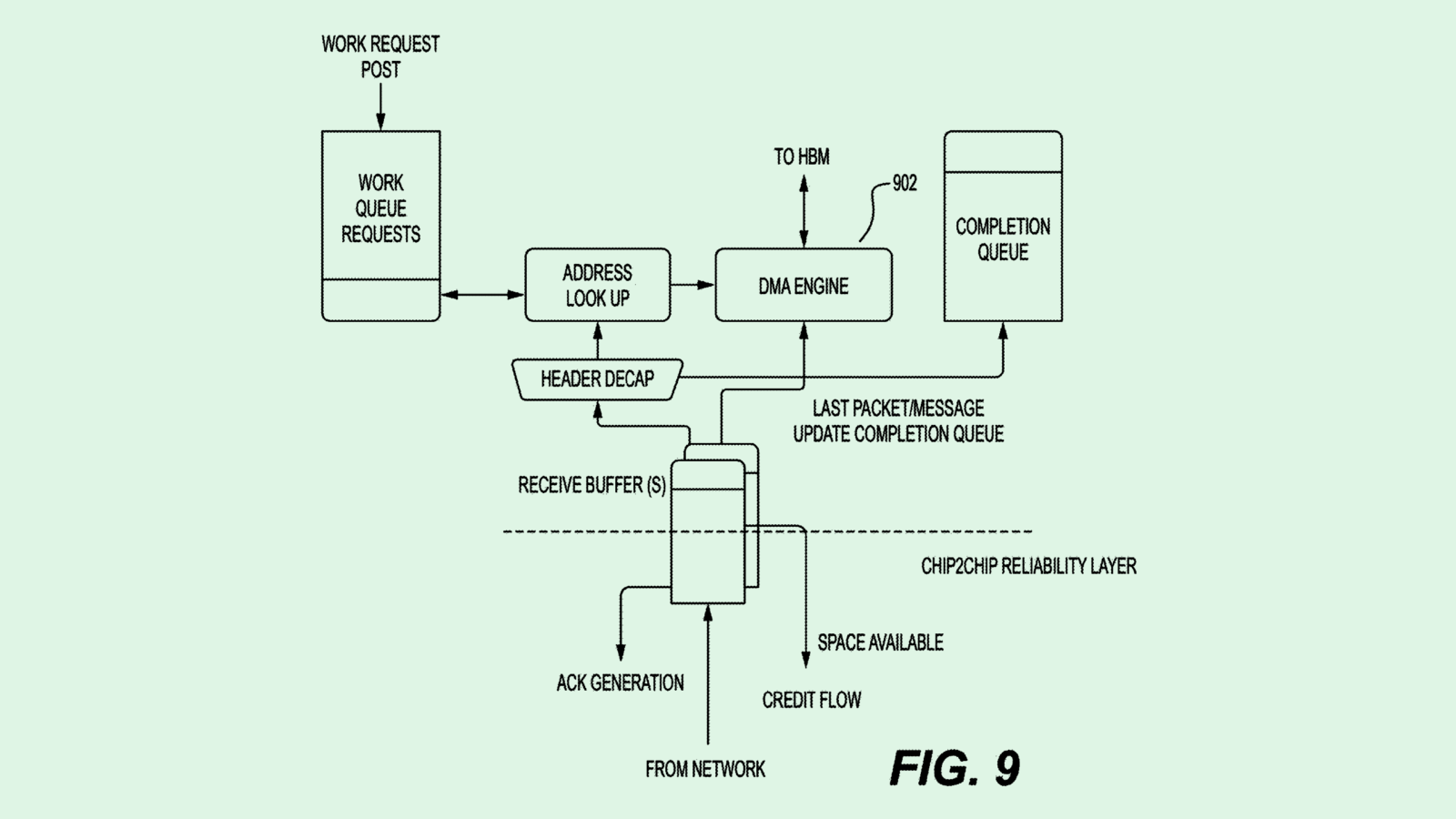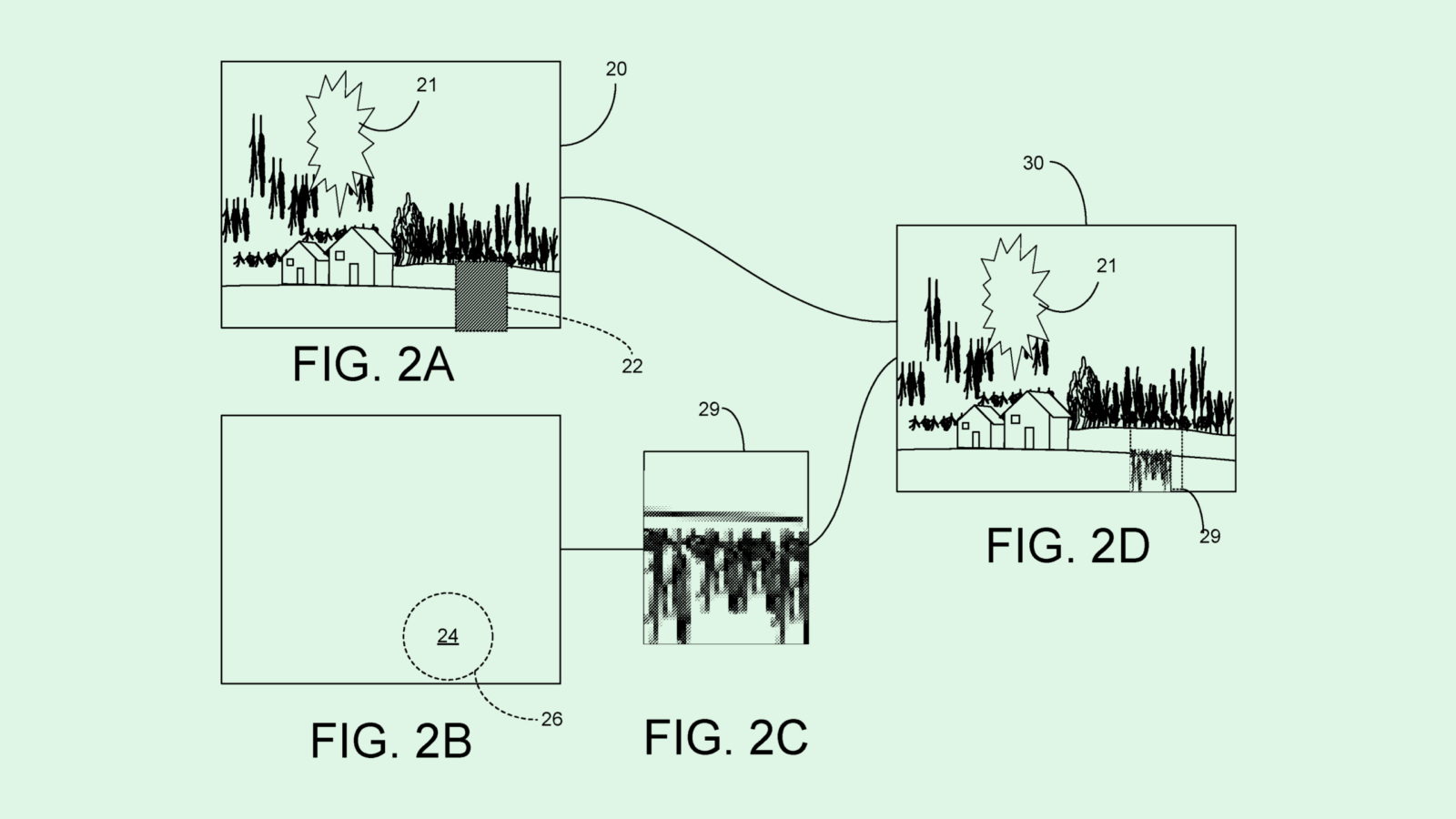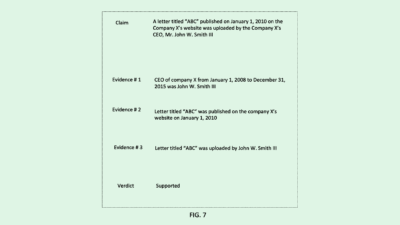Ford Patent Signals Privacy Problems with Connected Vehicles
As vehicles become more connected and autonomous, they also collect a lot more data.
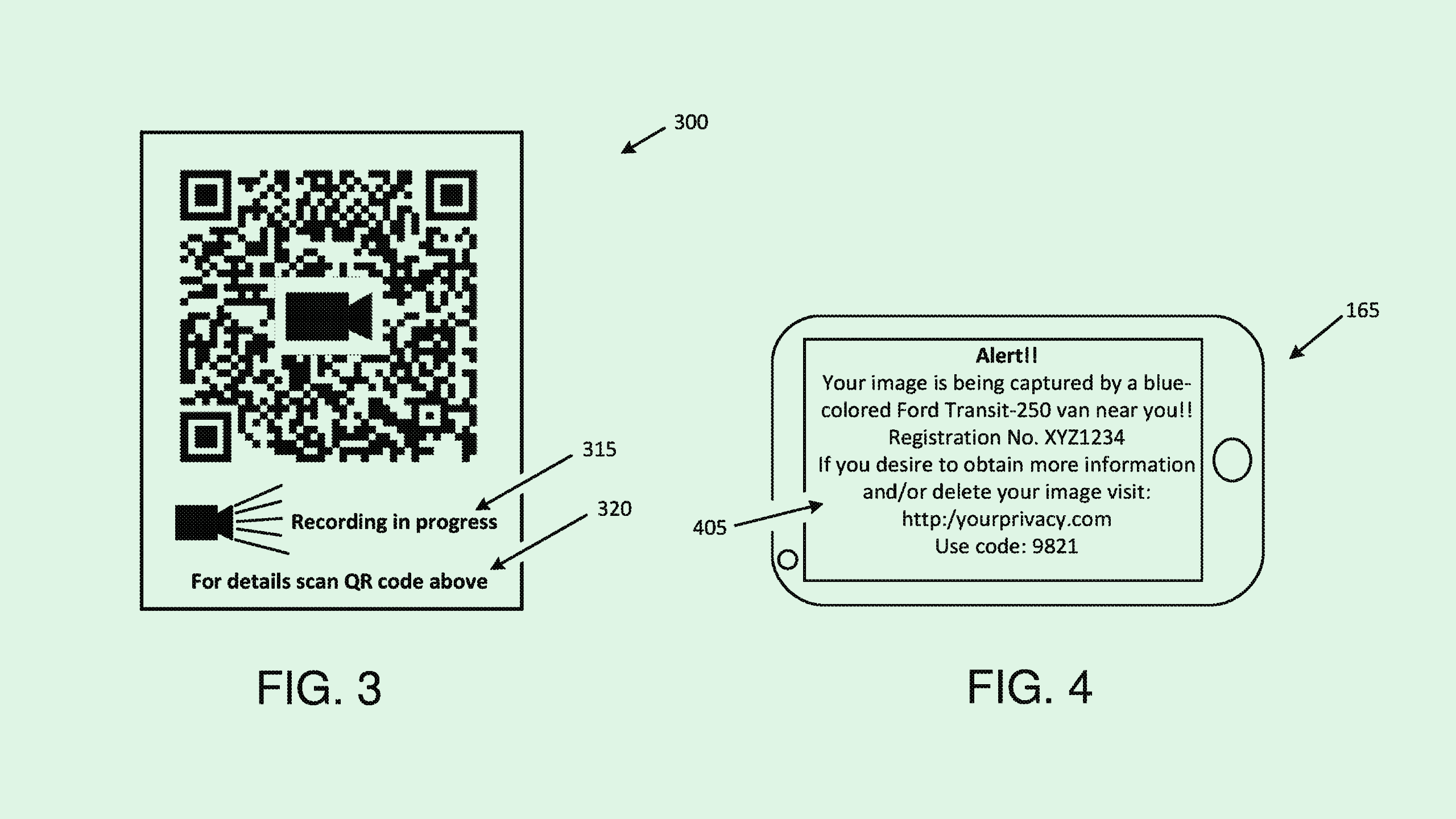
Sign up to uncover the latest in emerging technology.
Ford wants to keep its cars from over-collecting data.
The automaker is seeking to patent a system for communicating privacy rights “pertaining to data captured by a vehicle.” This method essentially aims to make sure that Ford doesn’t have access to people’s likeness without their consent.
Vehicles often capture image data at a near-constant rate. While this may be helpful for things like automatic braking, parking assistance or autonomous driving, it leads to a glut of image data collection, often with unsuspecting passersby in frame. “Capturing an image of an individual without his/her consent (may) be undesirable in some scenarios,” Ford said in the filing.
Essentially, if one of Ford’s vehicles captures an image or video of a person who happened to be in the vicinity, it will recognize it and generate a machine-readable “identifier,” such as a QR code or barcode, associated with that image data.
The system then creates a notification that includes that identifier, which populates either on the vehicle’s interior and exterior display screens, or directly texts the individual if the vehicle has their number. The notification would link the individual to a description of the vehicle that captured their image data and instructions to delete the stored image data if desired.
For example, if you are walking by a Ford vehicle with cameras that are on, a QR code may pop up on an exterior screen, linking to information on privacy rights. From inside the car, the QR code may display on the infotainment center, or the vehicle may directly text the individual.
Vehicles are getting a whole lot smarter. While all automakers are looking at ways to personalize your ride, Ford has a growing stable of patents to create a more high-tech experience, including applications for things like biometric car keys and driver data usage for tracking test drives.
But as cars become increasingly packed with tech perks, they’re also collecting a lot of data – both about drivers and anyone that rides inside or comes near them. This is especially true in the age of autonomous vehicles, said Bob Bilbruck, CEO of consulting firm Captjur.
Vehicles with any kind of driver assistance or autonomous capability are generally packed with AI-based sensors to help them make proper decisions. US lawmakers raised concerns about this in November as it relates to Chinese self-driving car developers like Baidu, DiDi and Pony.AI, saying that data collection practices by these companies testing vehicles on US roads is cause for concern.
However, several US automakers are working on their own version of this tech. “I don’t think people realize how much they’re on camera every day,” Bilbruck said. “(This patent) is basically the equivalent of a disclaimer that you’re on camera.”
This data can be helpful in some instances, such as providing additional footage in criminal investigations or deciphering who may be at fault in a car accident, Bilbruck noted. However, with this filing, Ford may be trying to shield itself from liability for unintentionally collecting personally identifiable information, he noted, getting ahead of potential lawsuits or regulations.
“They might be trying to cover themselves when, down the road, consumers might say, ‘Hey, I didn’t consent to being filmed by every Ford vehicle out there,’” Bilbruck said.



